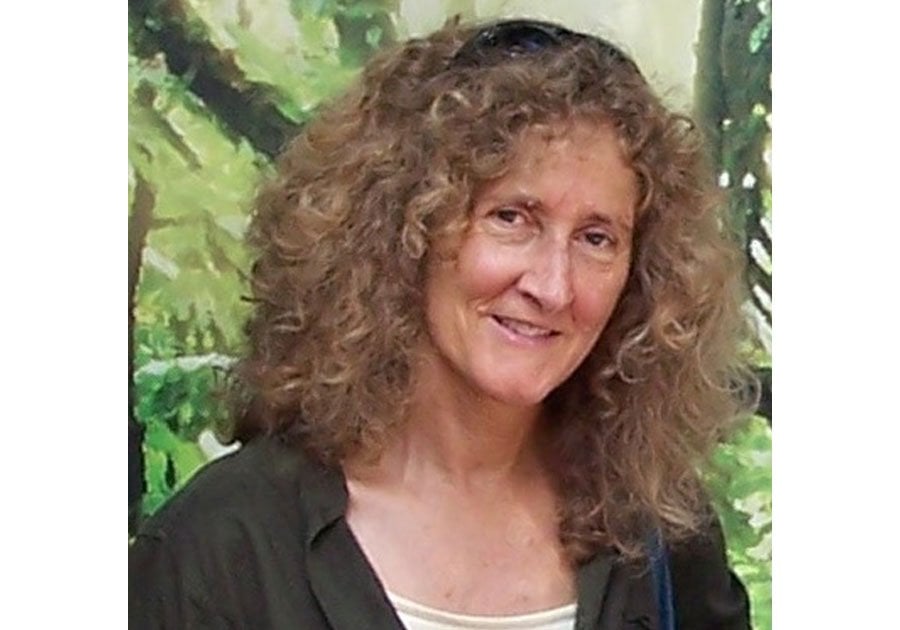Alumni Profile: Zoe Jewell
8 October 2024 London School of Hygiene & Tropical Medicine London School of Hygiene & Tropical Medicine https://lshtm.ac.uk/themes/custom/lshtm/images/lshtm-logo-black.png
What did you study and what year did you graduate?
M.Sc. Medical Parasitology. I graduated in 1985.
Could you tell us a bit about your work and its impact?
After graduating from LSHTM I trained in Veterinary Medicine at Cambridge University. A year after graduating from Cambridge my partner, Sky Alibhai, and I were offered the opportunity to spend a year in Zimbabwe monitoring black rhino for the Department of National Parks and Wild Life Management. This morphed into a full-scale research project and we spent the next 10 years in Zimbabwe collecting data on the impacts of the current monitoring protocol (darting and collaring), culminating in the publication of data demonstrating serious negative impacts on female rhino fertility. This led to us developing an alternative - a non-invasive footprint identification technology (FIT), based on traditional ecological knowledge, that now enables us to identify species, individuals, sex and age class from footprint images (tracks) with accuracy of >90%, providing key baseline data on species numbers and distribution. FIT is effectively a novel combination of the most ancient and time-honoured art and science of tracking, with cutting-edge modern statistical techniques and AI. Because of the tracking element, it is particularly accessible to local communities who retain these skills and live in proximity with wildlife.
In the last few years, we've been developing AI approaches to accelerate data processing. I'm currently an adjunct associate professor at Duke University in North Carolina, and co-Founder of WildTrack.org, our non-profit, We have more than 30 field projects across the world using our technology for a range of species from rhino and lion in Africa, to puma and tapir in South America, to dormice and lynx in Europe, and Amur tiger in Asia, and many other species in between! One of our current projects is a novel and cost-effective ecosystem integrity monitoring tool based on the identification of small mammal species (tiny mice, shrews and gerbils) from their tracks on specially designed trackplates.
How did your studies at LSHTM help your career?
I was always struck by the global outreach of the LSHTM, both in terms of students and research sites, and I took this with me into my vet studies, knowing that I wanted to make a contribution geographically beyond local domestic animal practice. Medical Parasitology of course had direct relevance to the Vet parasitology I learned later, and confirmed that in the big epidemiological picture humans and animals are one system, particularly in developing countries. With humans coming into ever-closer contact with novel zoonoses through habitat destruction, wet/bushmeat markets, and the illegal trade in animal products, the need for a multi-species view is stronger than ever.
What would your advice be to current students/ recent graduates?
Follow your interests, and stay open to creating a completely new career path. Take opportunities as they arise. Take advantage of as many learning opportunities as possible, and keep up with technology. Build a diverse team around you wherever you can - with diversity comes innovation!